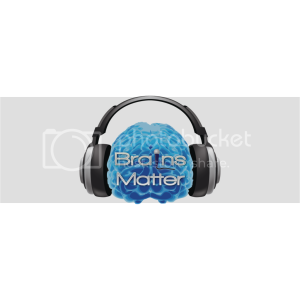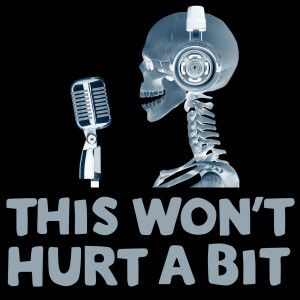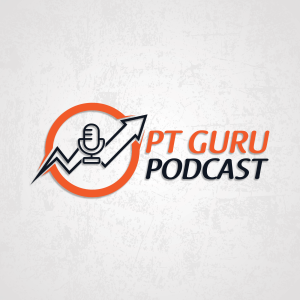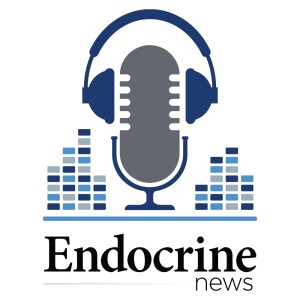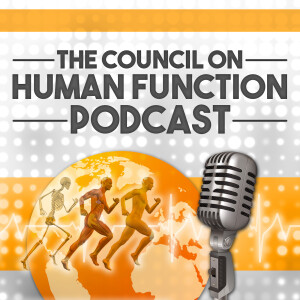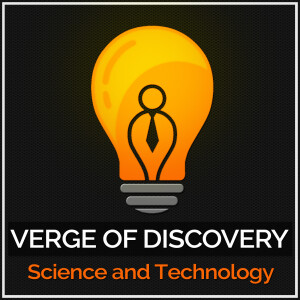

Open Science Talk
http://feeds.feedburner.com/OpensciencetalkEpisode List
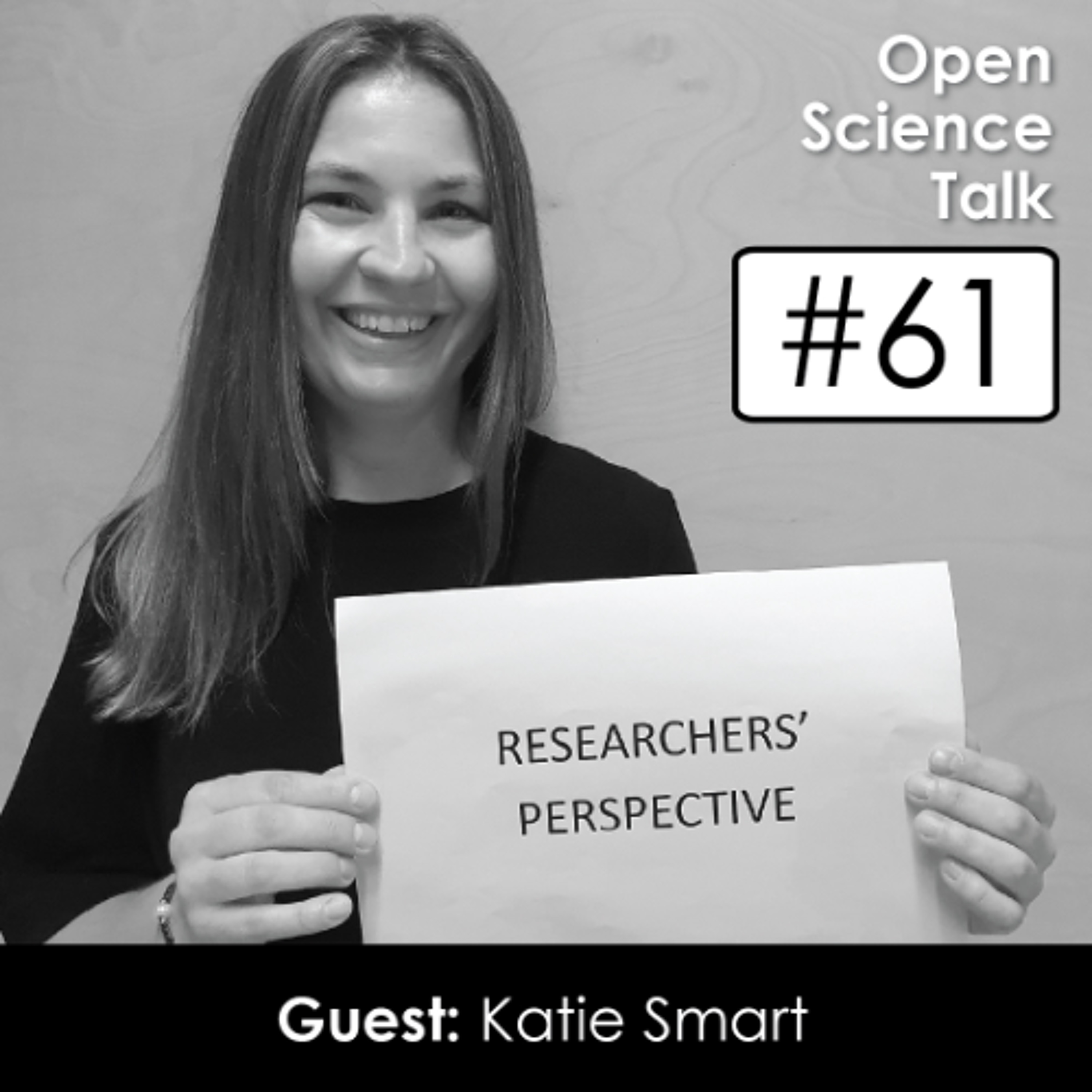
#61 A realistic researcher’s take on Open Science services
Katie Smart served as a research librarian at UiT The Arctic University of Norway from 2022 to 2025. A geologist with research experience from three countries (Canada, Germany, South Africa), Katie Smart came to UiT The Arctic University of Norway in 2022, where she has spent three years as a research librarian specializing in open science service. In this episode, she discusses different local and national services for open science that she has been involved in and emphasizes that marketing open science to academia must include the perspective of the target audience: the researchers. Although open science can be framed benefiting academia and society as a whole, in order to get strong buy-in from academia it must also be framed as to how it will propel each individual’s career. For more details, including a transcript of the entire episode, see https://doi.org/10.7557/19.8152.
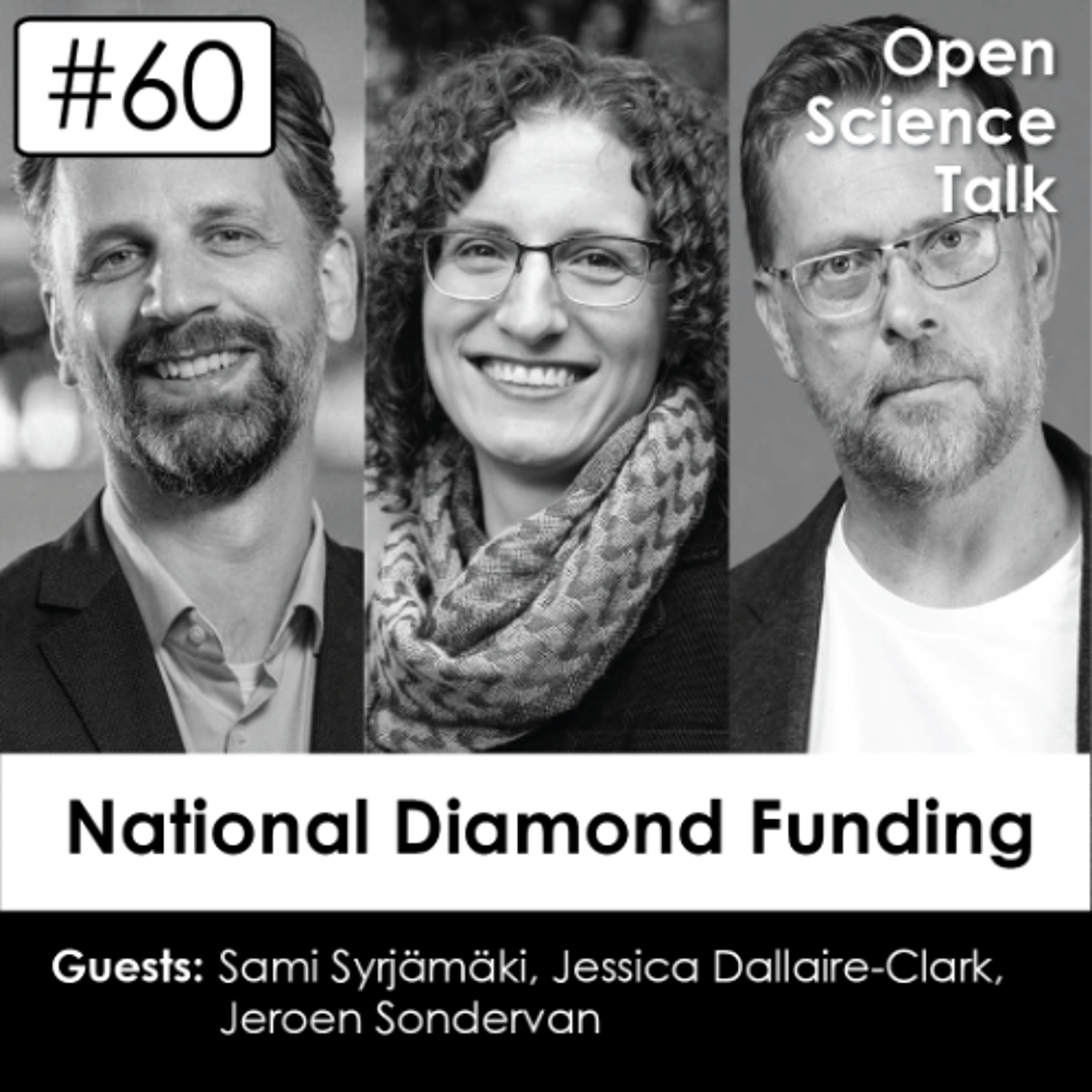
#60 National Diamond Funding
How can Diamond Open Access be funded? The Finnish Federation of Learned Societies (TSV) hosts a platform with more than 150 learned society journals and are distributing governmental funding to cover the operating costs of under-financed national Diamond journals. In Canada, the majority of scholarly journals are Diamond thanks to library resources and governmental funds. More than 250 Canadian journals are showcased by Érudit. In the Netherlands, a fund to help medium to large size journals transition away from a commercial business model has been launched. The three interlocutors each have prominent roles in these funding schemes. More details, including a transcript of the entire episode, can be found at https://doi.org/10.7557/19.8114.
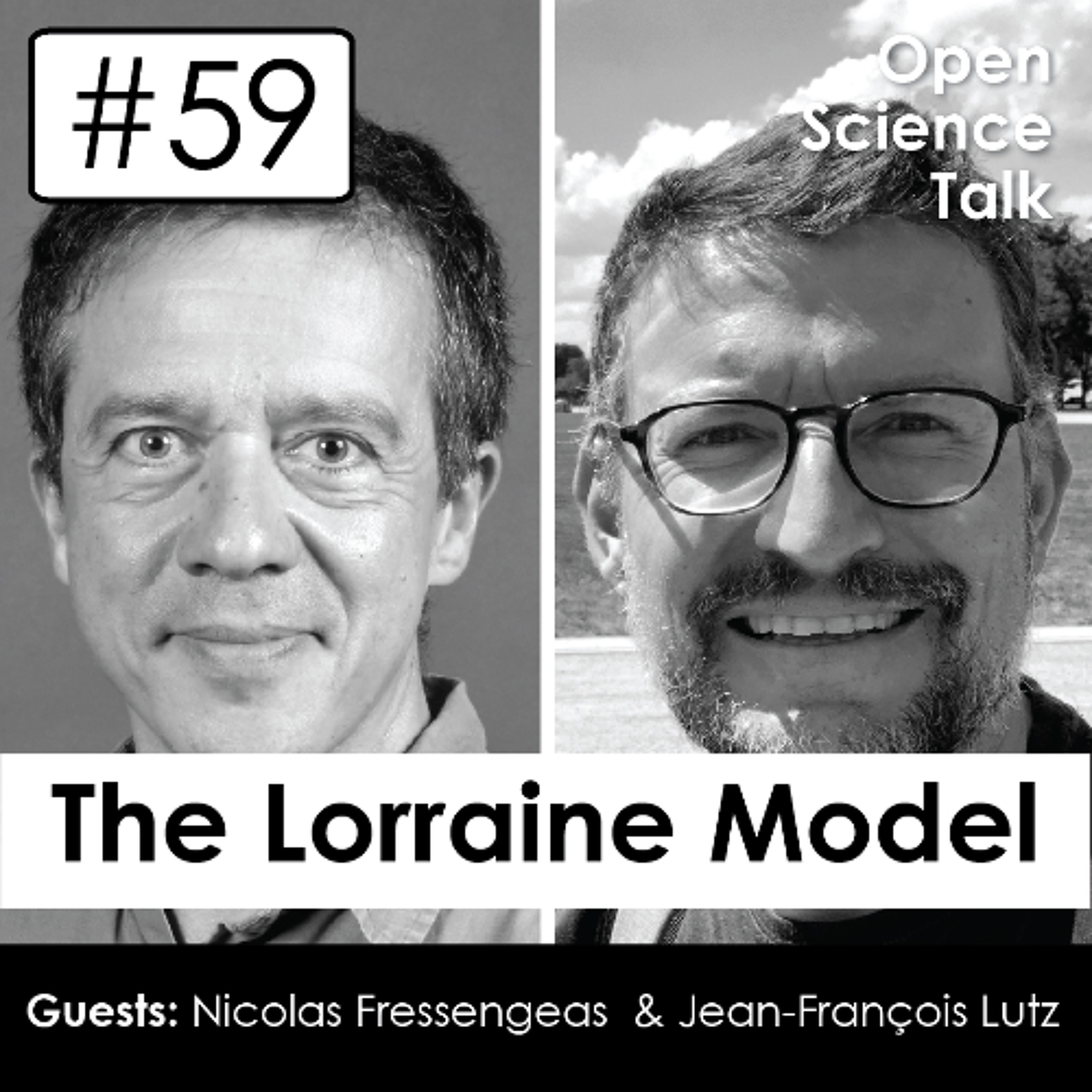
#59 The Lorraine Model
In 2017, the University of Lorraine cancelled its subscription to Springer and in 2023, it cancelled its deal with Wiley. The money saved has been channeled into an Open Science Fund which supports open research infrastructures, training and support programmes for open research, and diamond open access publishing. With additional financing from regional research institutes and the national ministry, its annual budget currently amounts to approximately 500,000 Euros. A broad representative committee has been set up to decide on the use of the fund. In this episode, the Vice-President for Open Research and the Head of Research Support at the Library of the Université de Lorraine explain the Lorraine Model. More details, including a transcript of the entire episode, can be found at https://doi.org/10.7557/19.8074.
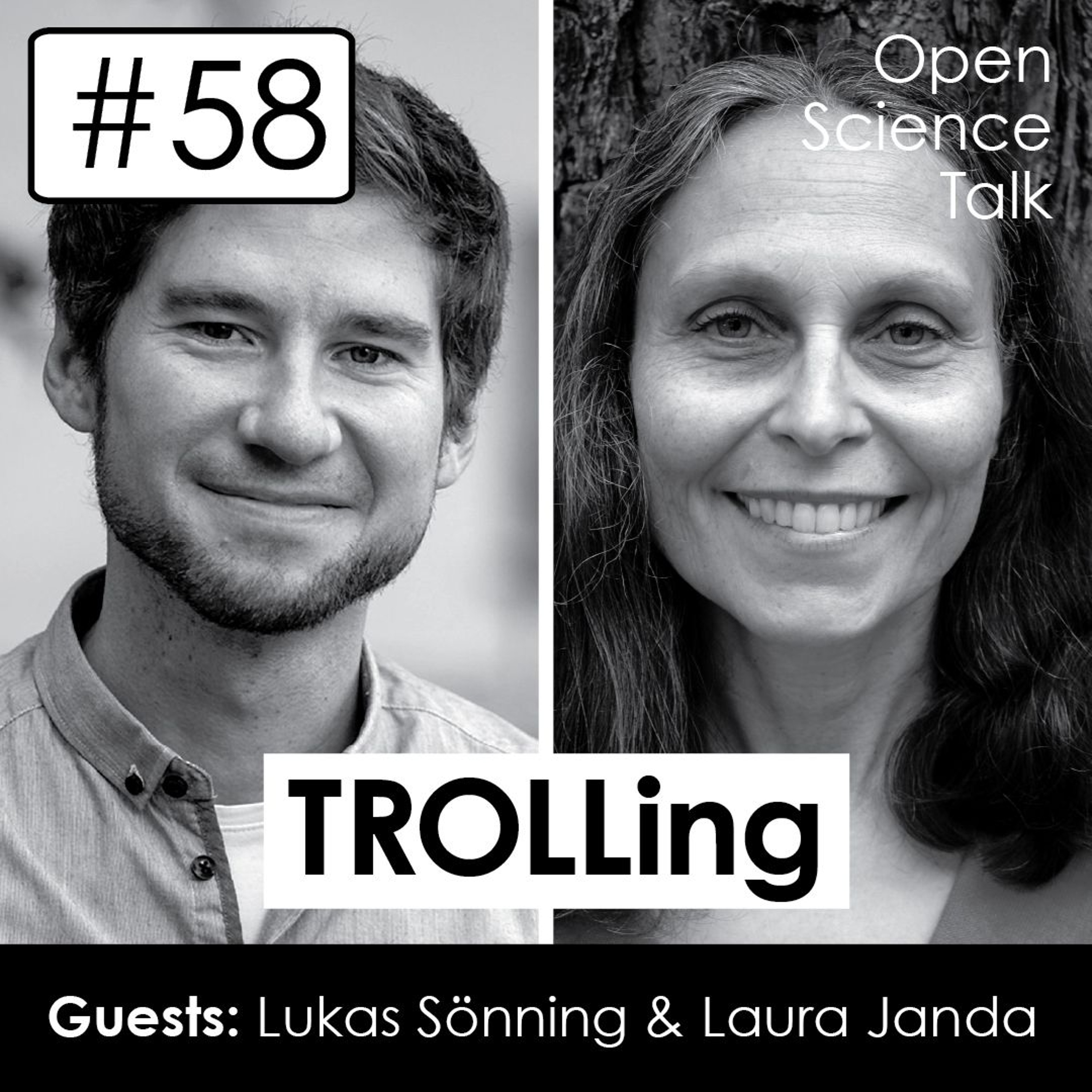
#58 10 Years of TROLLing: A Birthday Podcast Episode
The Tromsø Repository of Language and Linguistics (TROLLing) published its first dataset on June 13, 2014. Since then, the repository has grown to 173 datasets, each of which is available in open access and equipped with metadata explaining its contents. Two of the most frequent users of the archive, professor of Russian linguistics Laura A. Janda and postdoc of English linguistics Lukas Sönning share their experiences and ideas for the future. A key message is how using a curated data repository has helped raising the quality of their own research by making it more transparent and reusable for others. More details, including a transcript of the entire episode, can be found at https://doi.org/10.7557/19.7631.
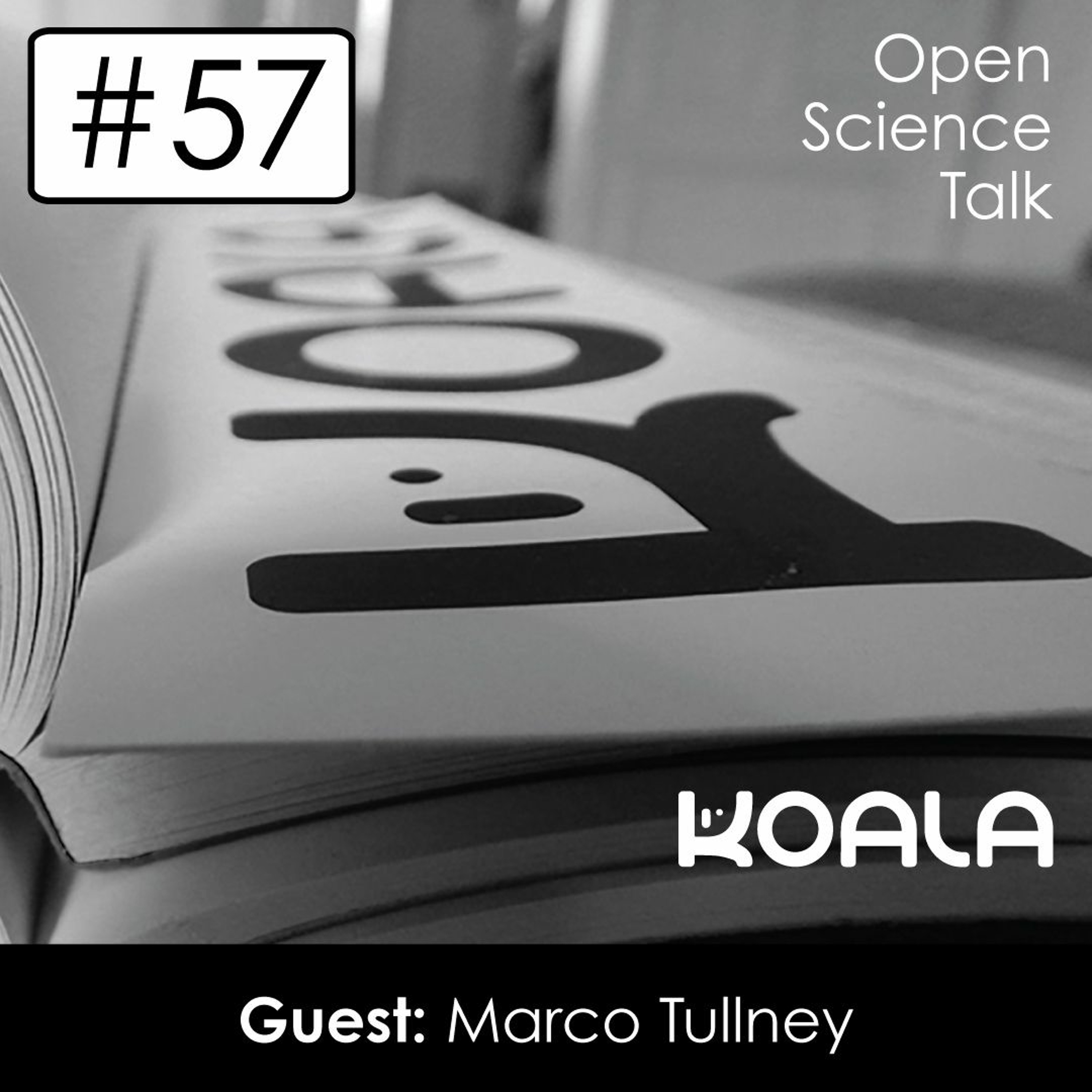
#57 KOALA – Building Support for Diamond Open Access
The German initiative KOALA (in English, Building Consortial Open Access Solutions) is a bottom-up initiative that negotiates funding for Diamond Open Access by cutting into library budgets. By pooling resources from more than a hundred research libraries across Germany, KOALA has so far secured funding for ten peer-reviewed journals and two book series. More details, including a transcript of the entire episode, can be found at doi.org/10.7557/19.7561.
Create Your Podcast In Minutes
- Full-featured podcast site
- Unlimited storage and bandwidth
- Comprehensive podcast stats
- Distribute to Apple Podcasts, Spotify, and more
- Make money with your podcast



